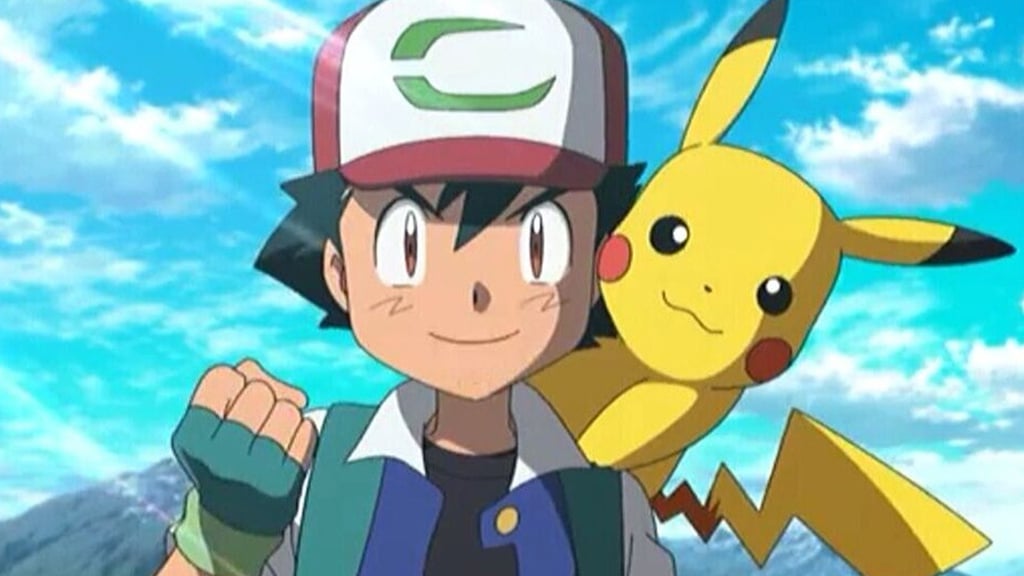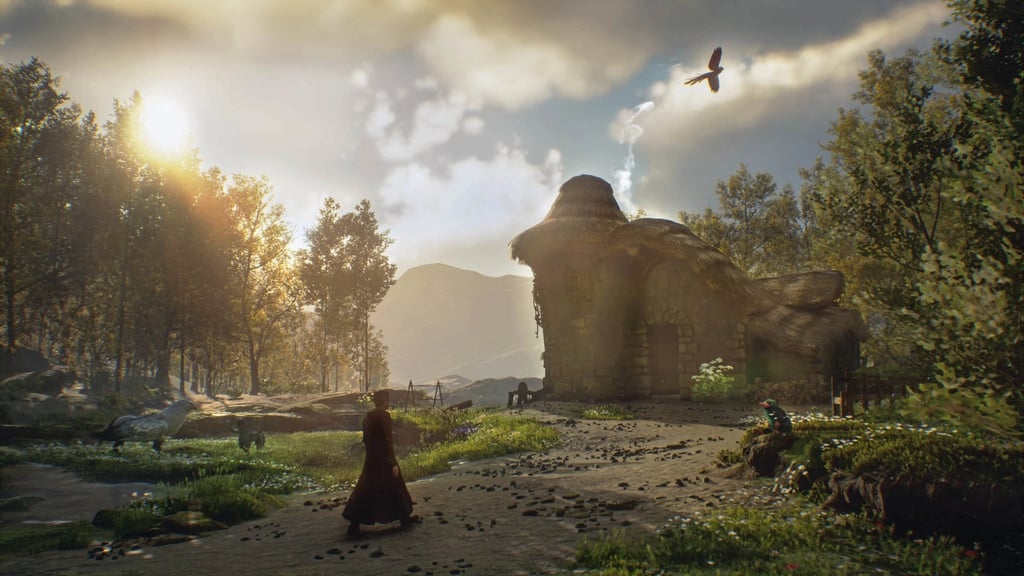Talk of regime change resonates with Iranians fleeing across border

Talk of regime change resonates with Iranians fleeing across border
Andrew HardingBBC NewsReporting fromAgarak, Armenia-Iran border
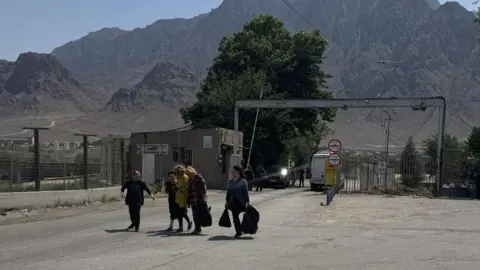 BBC
BBC"People want regime change," said Mariam, a pensioner, as she collapsed into the back of a taxi with her husband.
The couple had just dragged their heavy suitcases across a bridge over the fast-flowing Aras River that marks Iran's remote northern border with the small nation of Armenia, in the southern Caucasus region.
"I've walked a long way and I'm tired. The mood in Iran is not so good, but not so bad either. Of course, people are worried, but life continues. Supermarkets, shops, banks all work.
She said that Israel and the US wanted "regime change... but I don't know if they'll succeed, or whether the religious fanatics (in Tehran) will hold their ground. We will see."
The border point offers a small window into Iran itself, at a time when the internet there is disrupted, and most foreign journalists are banned.
But it is worth noting that a lot of the people who did talk to us were dual nationals, with American, German and other passports. In that sense they offer only a very partial snapshot of the public mood in Iran.
People we met generally supported the idea of regime change – an idea floated by President Trump after the US said it hit three Iranian nuclear sites over the weekend.
But Iran's leaders still have their supporters in the country, and even among those who oppose them opinions differ about the US-Israeli bombing of their country.

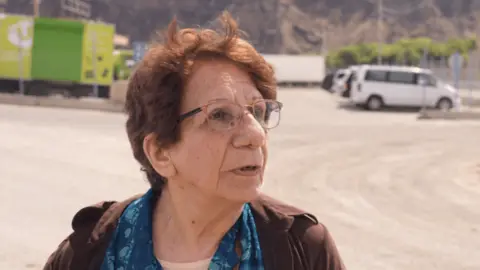
At the busy Agarak border crossing, gusts of hot, dusty wind swirled around the police cars, taxis, and passing trucks, as a steady stream of people emerged from Iran, on foot, from behind a long, barbed wire fence overlooked by watchtowers.
In a bitterly contested legacy of the Soviet era, Russian troops still patrol parts of the border here. The crossing itself is ringed by jagged, barren mountains and, along the river's edge, by a narrow strip of lurid green farmland.
A Canadian diplomat, waiting to offer support to fellow citizens, said he had counted 80 people arriving in the space of one hour. That rate appeared, anecdotally, to be increasing on Monday but it hardly amounted to an exodus. 
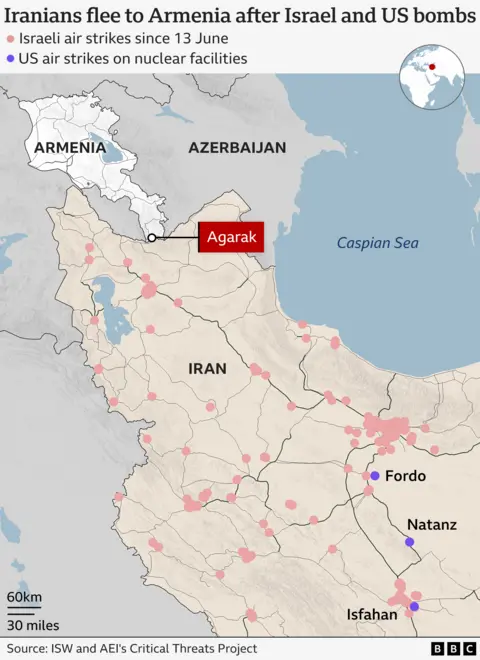
Vehicles moved in both directions. Many of those leaving declined to speak to us, citing concerns about their families' security inside Iran.
Alenoosh, 63, who said she was born in Iran to Armenian parents but grew up in Paris, said she felt that "time is up for the regime".
"Everybody is afraid and everybody has had enough of the regime," she said. "In front of my house there was a lot of bombing. A lot of people are on the move. There's traffic. They don't know where to go, where to be safe."
A family of Canadian-Iranians told us they'd spent the previous night at a resort on the Caspian Sea and painted a picture of a troubled, but vast country in which many areas appeared undisturbed by the conflict.
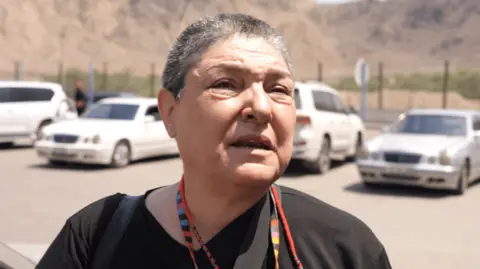
An Iranian father whose family is now living in Germany, spoke on condition that we hide his identity. Beside him, a younger woman was planning to embark on a long taxi drive with him, across steep mountain passes and narrow gorges, first to Armenia's capital, Yerevan, and then on to nearby Georgia. Two cats waited beside her in a basket in the shade.
"I would like to change the Iran regime. Everything is broken and damaged," said the man, adding that its end was "close."
He criticised others who, he claimed, complained constantly about their government but were not willing to endorse outside military intervention.
"My family… can die but it's war and for everything to change we have to pay something."
To sacrifice? I asked.
"Yes," he replied firmly, stressing that he welcomed America's decision to enter the conflict.
President Trump's decision to bomb Iran may have been the moment some decided it was time to leave – if they have the option to do so.
In the days to come, new decisions – by the US president and other world leaders – will dictate how many more people arrive at this border looking for safety outside of Iran.
What's Your Reaction?
 Like
0
Like
0
 Dislike
0
Dislike
0
 Love
0
Love
0
 Funny
0
Funny
0
 Angry
0
Angry
0
 Sad
0
Sad
0
 Wow
0
Wow
0




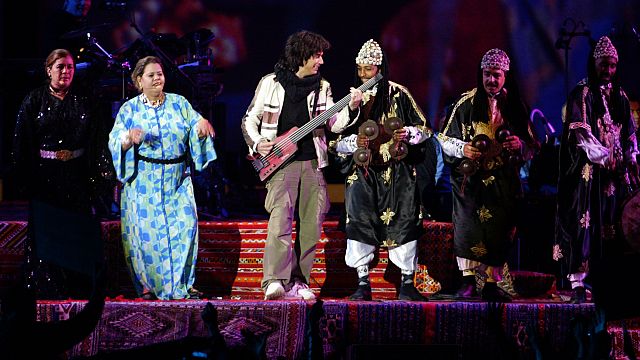
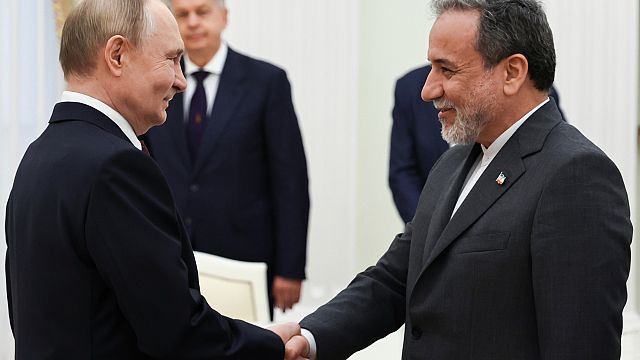
![Présidentielle en Côte d'Ivoire : Ouattara entretient le doute [Africanews Today]](http://static.euronews.com/articles/stories/09/34/05/33/640x360_cmsv2_3e79d0b5-5a29-5d96-9a93-b51e023b6d5f-9340533.jpg?1750697171#)












